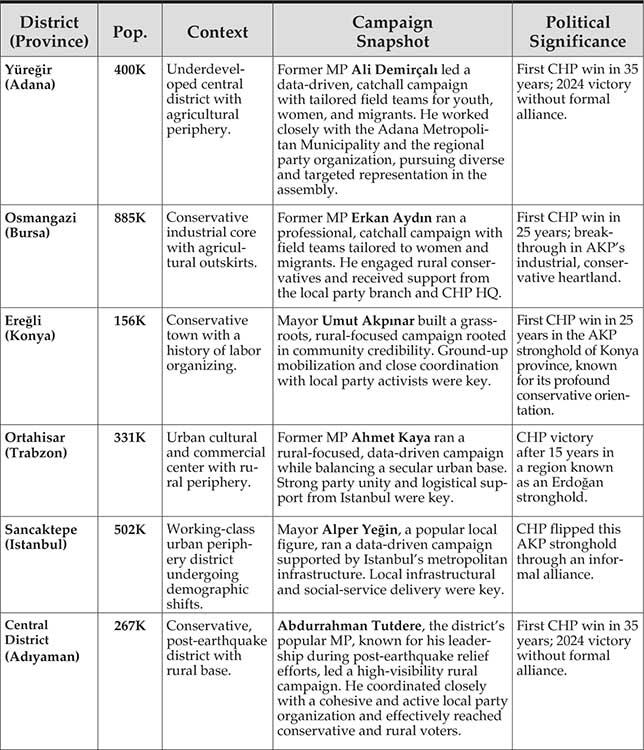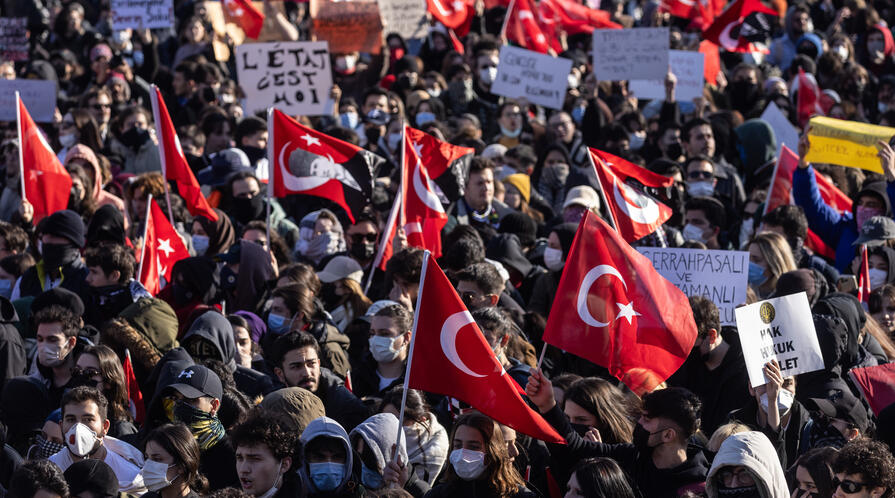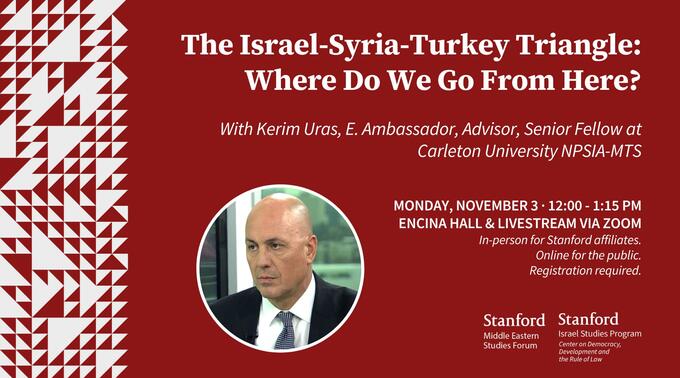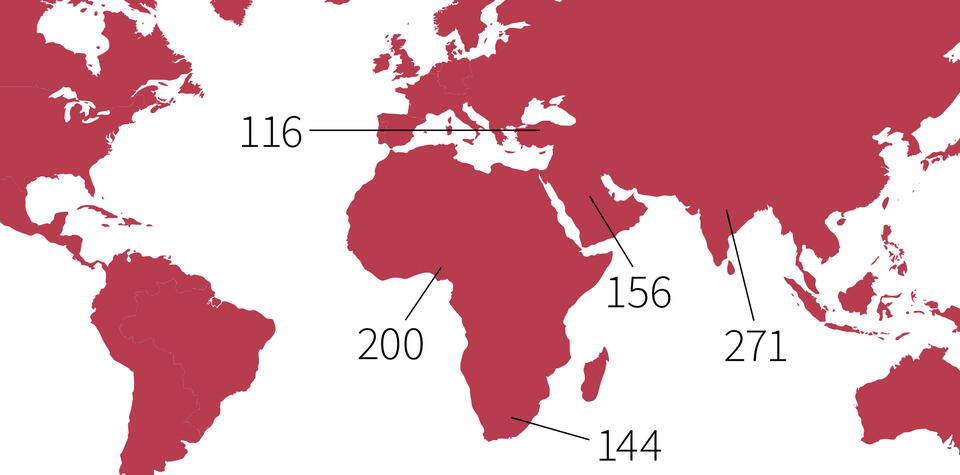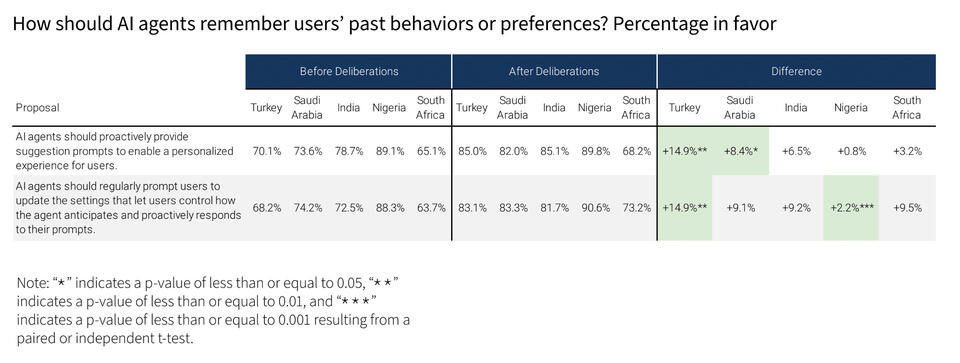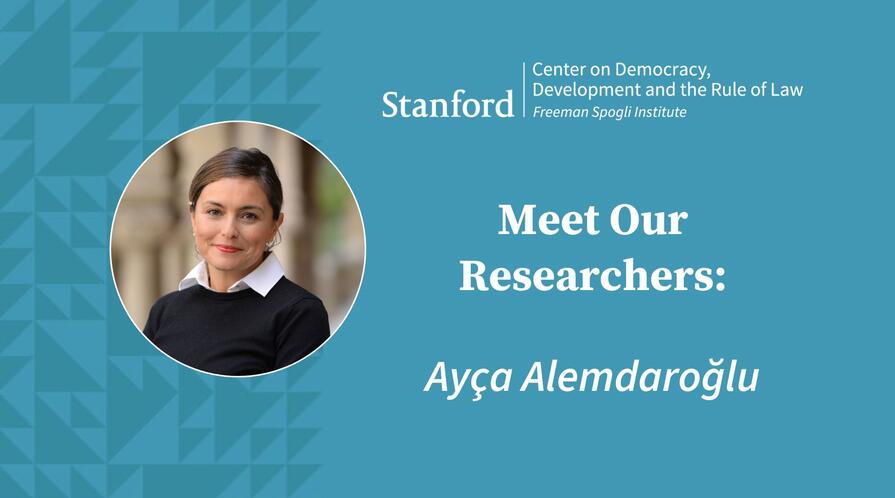Introduction and Contribution
Recep Tayyip Erdoğan and his Justice and Development Party (AKP) continue to deepen their decades-long authoritarian control over Turkish politics, economy, and society. Indeed, repressive tactics once reserved for Turkey’s marginalized Kurdish community have increasingly been applied to AKP’s opponents more generally, including journalists, business elites, and mayors. Key among these opponents is Istanbul mayor Ekrem İmamoğlu, viewed as the face of the opposition Republican People’s Party (CHP). İmamoğlu, seen as the frontrunner to challenge Erdoğan’s presidency in 2028, was arrested in March 2025 on spurious charges of terrorism and corruption.
At the same time, Turkey’s opposition is finding ways to resist Erdoğan’s autocratization. CHP — which traces its roots to Mustafa Kemal Atatürk and his vision for a secular Turkish nation — learned from its disappointing loss in Turkey’s 2023 national elections. By transforming its electoral strategy for the 2024 local elections, the CHP not only bested AKP’s vote share but also won in many areas that are historically AKP strongholds, which are often populated by conservative voters. What explains the CHP’s significant local turnaround under the constraints of Turkey’s ‘electoral authoritarian’ regime?
In “Turkey's Hard Road to Democratic Renewal,” Ayça Alemdaroğlu, Toygar Sinan Baykan, Ladin Bayurgil, and Aytuğ Şaşmaz caution against the received wisdom that broad, national-level coalitions offer the best hope of undermining authoritarian power. Such coalitions are difficult to sustain in countries like Turkey or Hungary, where authoritarian leaders control major political institutions and the public purse while muzzling their opponents and the media. Instead, the authors point to the surprising benefits of building alternatives to authoritarianism at the local level.
Argument
At first glance, the control of local governments in authoritarian political systems does not seem especially advantageous in terms of autonomy and influence. However, Turkish mayors control many of the policy domains that directly affect ordinary citizens, including transportation, sanitation, and housing. When local services and infrastructure are poor, voters may be willing to switch their partisan allegiance, even in places where the incumbent party works to distribute patronage and to propagandize them. Local governance enables opposition politicians to gain visibility and public support, as well as to demonstrate their administrative competence.
How exactly did the CHP pull off its impressive local showing in 2024? As noted above, the opposition built a national-level coalition in 2023, fractured by ideological divisions and disputes over its presidential candidate against Erdoğan, ultimately collapsing after the election. It was no match for Erdoğan’s unified messaging around threats to Turkey’s national security — portraying Kurds at home and in Syria as threats — and on nationalist pride in Turkey’s indigenous defense industry.
In 2024, by contrast, the CHP’s campaign strategy emerged from the bottom up: it employed electoral strategists and pollsters across Turkish municipalities, conducted fieldwork in competitive areas, selected mayoral candidates who could win, created local coalitions across ideological lines, and fine-tuned its messaging around service provision. Its flexible and pragmatic strategy appealed to both Turkey’s Sunni majority as well as its minority Alevis and Kurds. Meanwhile, the AKP was highly centralized in its reliance on Erdoğan’s popularity, failing to adapt to the demands of local residents whose support it believed was guaranteed.

